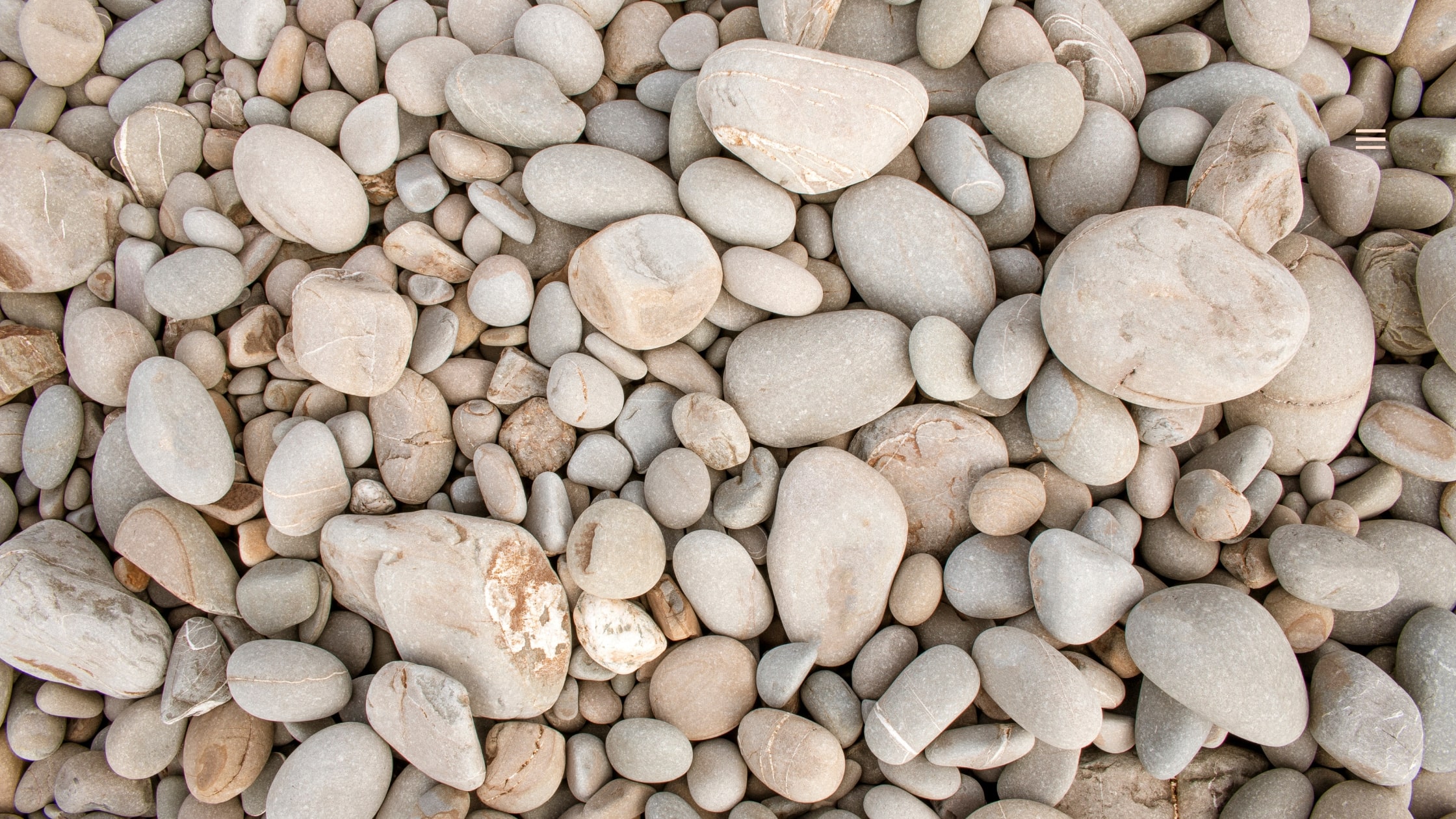 Confucius said, “The man who moves a mountain begins by carrying away small stones.”
Confucius said, “The man who moves a mountain begins by carrying away small stones.”
We are all capable of moving mountains.
Our students are capable of moving mountains.
It just begins with small steps.
Children spend their days in school studying the role models of history – courageous characters who stood up, moved mountains, and spoke out for equality. Rosa Parks, Martin Luther King Jr., Gandhi, and Malala are beacons of who and what we might want to become.
However, as students learn about these icons, they often see only the momentous moments, the mountain moved: they see Martin Luther King Jr. giving the “I Have a Dream Speech;” they see Rosa Parks refusing to move to the back of the bus; they see Gandhi leading millions in peaceful protests; they see Malala opening schools and giving girls the opportunity to learn.
Students don’t always see the thousands of small stones that these heroes piled up over the years: the small moments that compounded over time.
For some, moving those small stones prepared them to move mountains later in life. For others, those small stones added up and became the mountain; one day their years of action had made a huge difference.
Either way, the mountain or the stone is moved and positive change occurs.
To take a stand can feel like an intimidating proposition for anyone, particularly a young person. It can result in confrontation and discomfort or even the loss of a friendship or social status.
As educators, we can help students find small, safe ways to take a stand. Over time, those small steps can compound in two different ways:
- Children can slowly impact others through small actions.
- However, the small actions can also prepare students for larger moments in their lives when they might be called to take a more significant stand.
People take stands all around us every day.
They are in Ukraine, fighting for their freedom not just with weapons but by making homemade Kevlar vests. One seamstress said each one is “made with love” to protect others who are protecting her.
They are in hospitals and schools, supporting people struggling through a pandemic.
They are in homeless shelters, helping feed and shelter those less fortunate.
All around us, every day, people are moving small stones.
Greta Thunberg didn’t find herself speaking in front of the United Nations randomly one day. It started with convincing her parents to change their habits. Then she took to the streets with a makeshift sign and protested alone in Stockholm. Slowly she gathered momentum and people started to pay attention to this teenager taking a stand.
At ThinkGive, we believe that “Small is All.” Making an effort to help others that need any kind of support can take shape in endless ways.
Over time, small acts of kindness can generate two positive outcomes.
First, small acts compound and grow over time to add up and create larger change.
Second, small acts create empathetic and courageous citizens who are prepared to take a stand when bigger moments arise.
Take time to celebrate small acts of kindness and courage with your students. They might be moving mountains, they just don’t know it yet.



